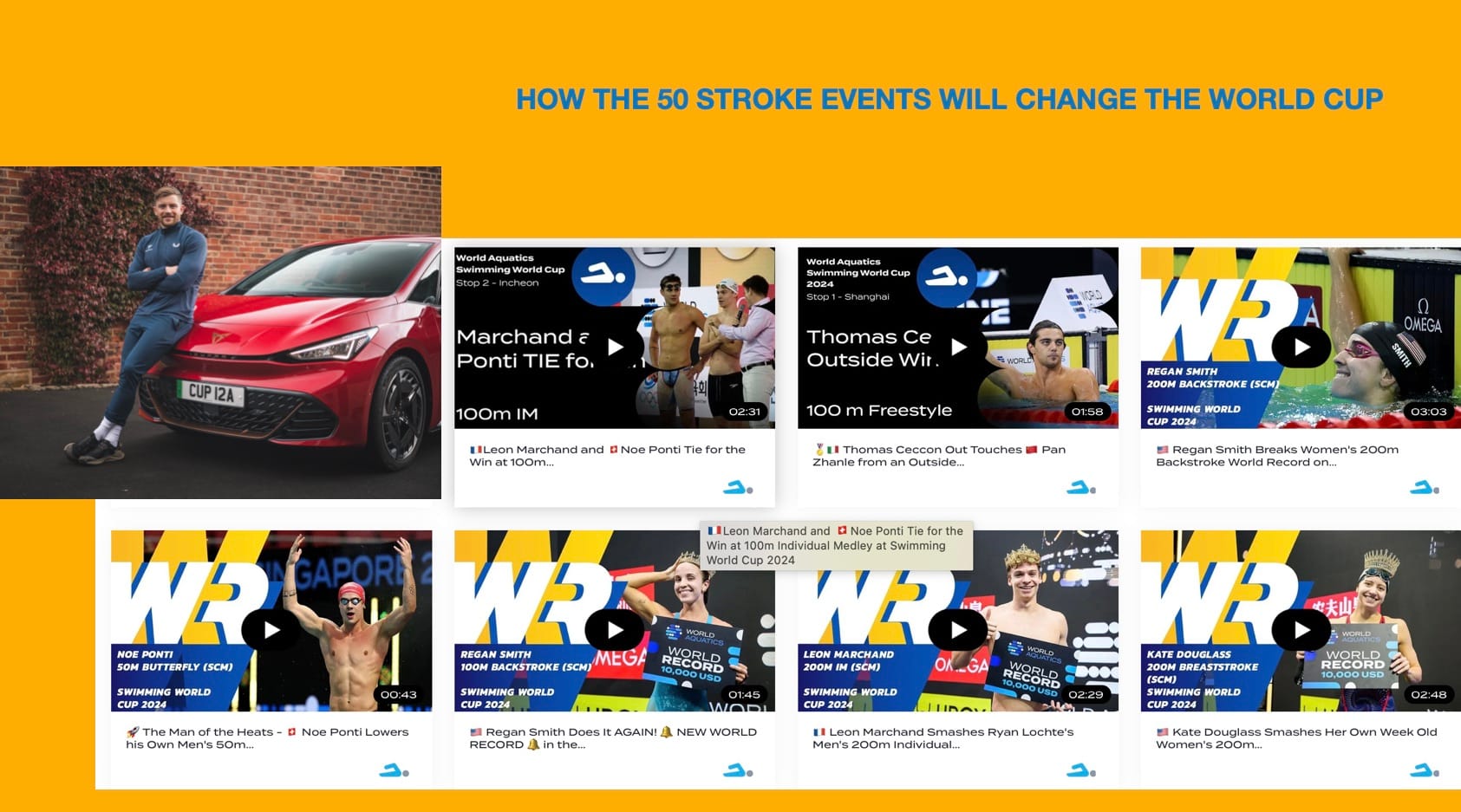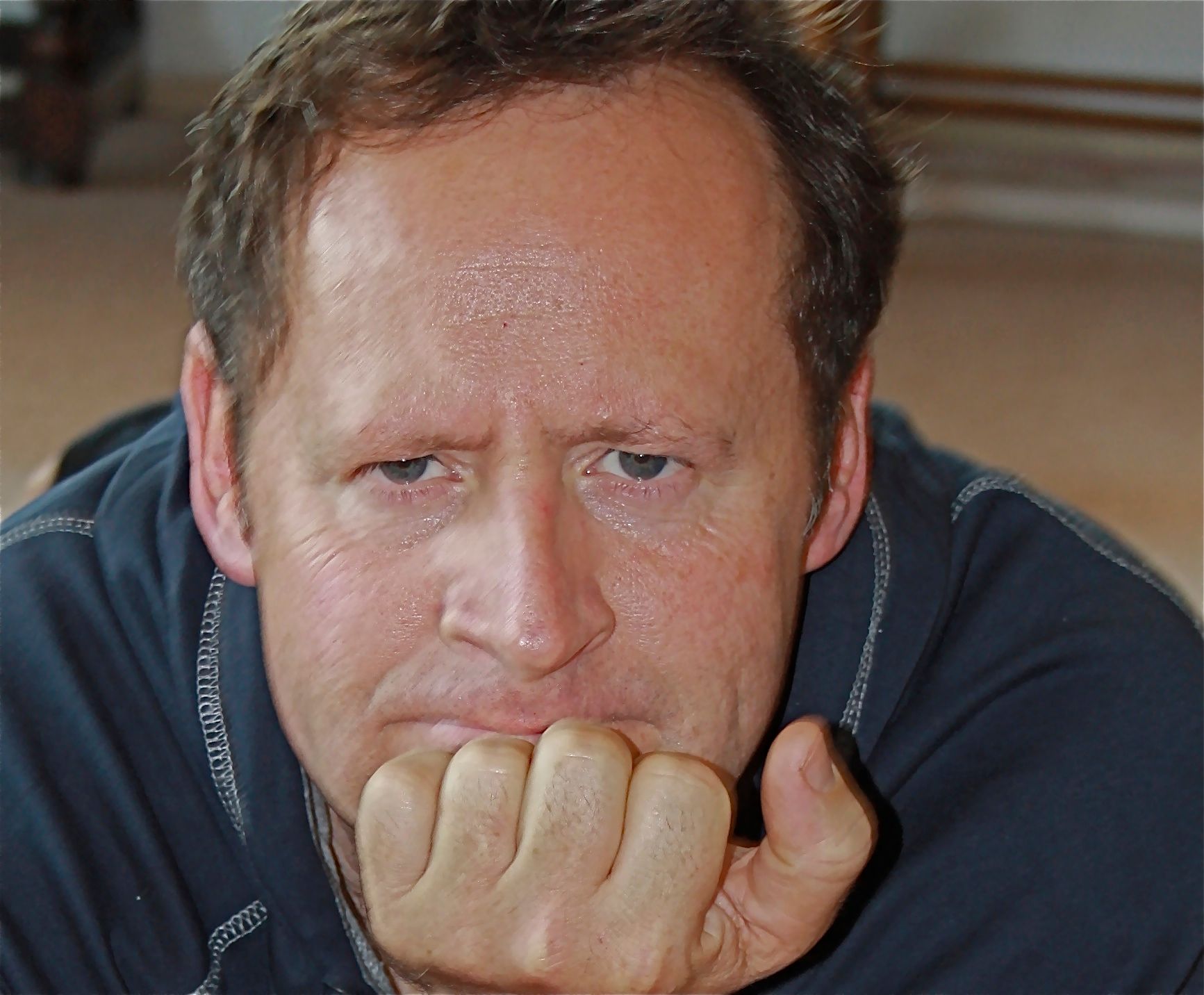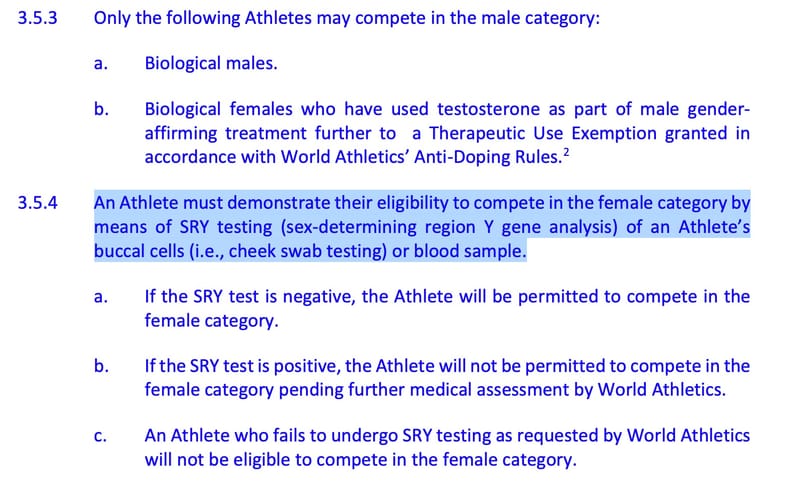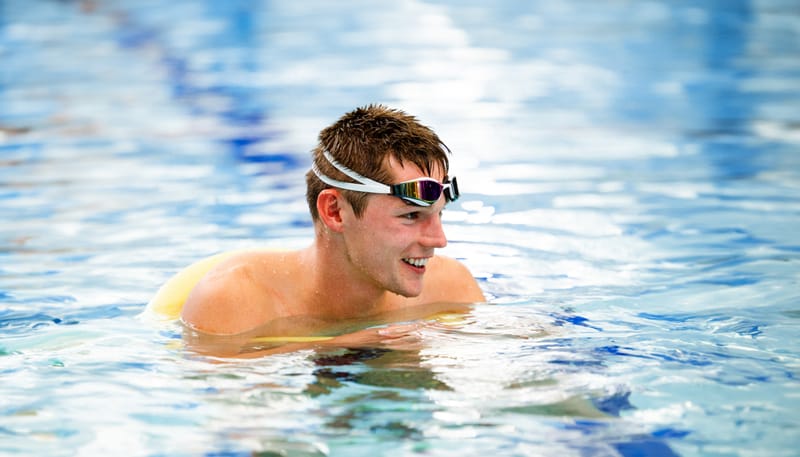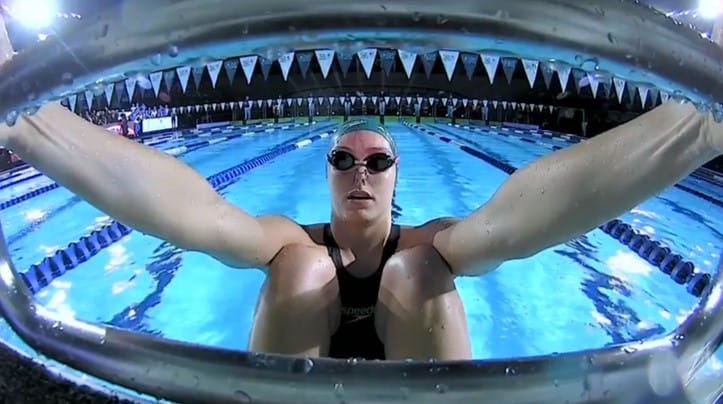Olympic 50m Stroke Tickets Up For Grabs At 2027 World Cup!!
World Aquatics to couple World Cup to qualification for the LA 2028 with top six finishers in each of the new 50m stroke events on 2027 Cup Tour securing automatic qualification for the LA Olympics
Sarah Sjostrom, Adam Peaty and all other great 50m dash kings and queens will be given a shot at a golden ticket to the 2028 Los Angeles Olympic Games ion World Cup tour in October 2027.
The tour is staged long-course in pre-Olympic season and is scheduled for Europe, with prospective cities and venues about to learn that their meet will host an Olympic selection event.
The tickets are only available to sprinters who finish in the top six places at the Swimming World Cup in autumn 2027 in one of the six new 50m events to be introduced in LA. That will, mark the first time that swimmers have sought Olympic qualification while being paid prize money to do so.
The same facility will not be available to swimmers in others events.
Each of the Cup rounds will feature prelims of 32, leading into quarter finals of 16 and hen into a day 2 showdown of six finalists in each of the 50m events on backstroke, breaststroke and butterfly.
And... each stroke will be featured as an Olympic qualification showdown event at just one of the three rounds of the cup, for men and women.
The move by World Aquatics, overseen by director Brent Nowicki, strategic head Mike Unger and Craig Hunter, the chair of the Swimming technical Committee and the man who oversees the smooth running of the officials realm during major competitions, marks a departure in the sport.
While open water swimming already has selections events that whittle down the field from automatic selections based on results in World Aquatics competition, pool swimming has always relied on national selections.
In key regards, that will remain so: even if a swimmer qualifies at the World Cup, a nation can decide not to select that athlete if national criteria is not also met. The final selection of teams, including 50m swimmers, will remain in the hands of National Olympic Committees.
Even so, the move, which is also aimed at attracting more attention to the World Cup series, is bound to be a big talking and debating point in the weeks ahead.
The plan is subject to International Olympic Committee approval, which is expected to be granted after Olympic bosses, led by new president and Olympic swimming champion of 2004 and 2008 Kirsty Coventry.
Swimmers and coaches will then have plenty of time to adjust preparation timings in line with the new approach to 50m Olympic qualification, while national federations may now be forced to consider funding swimmers to attend World Cup events. .
As Nowicki noted, the novel way of qualifying for the Olympics in pool swimming is designed to "build interest and conversations in the athletes focussing on the new events."
The plan in more detail here: How do you get more swims from fewer swimmers at the Olympics. Strict 50 stroke entry rules, further relay squeezes but freedom for any swimmer to get a secondary swim without qualification cut. Budapest 2027 Worlds to be a dress rehearsal of the new race schedule of the future:
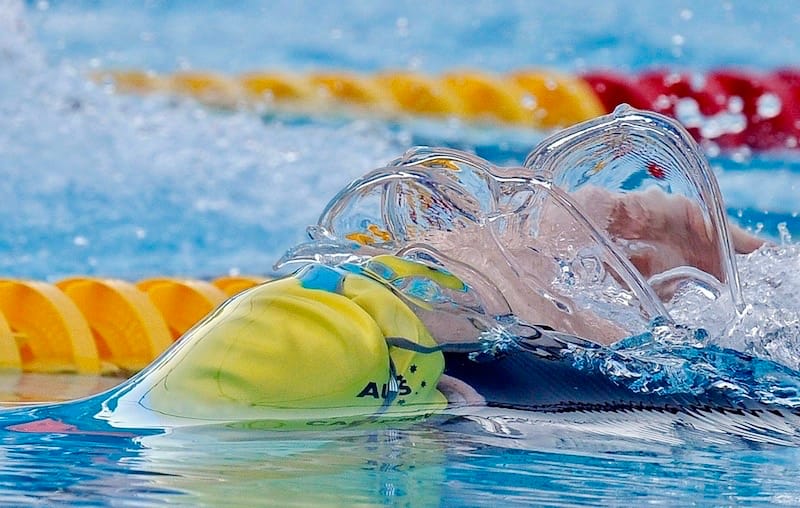
All of which could mean that someone like Peaty gets a ticket to the Games ahead of his teammates in a break from a tradition known in swimming as "sudden-death trials", is expected to be approved and announced by the International Olympic Committee later this week.
The "sudden-death" nature of selection in Britain, as one of many examples of how athletes earn a ticket to represent their countries, means that all swimmers, regardless of event, follow precisely the same selection process, and must prove themselves -0 finishing position and time standard - on the day run question at trials.
That model is tweaked under the World Aquatics plan, though the British Olympic Association and Aquatics GB can still insist that selection for the Games is a decision that will remain in the hands of the national federation and TeamGB bosses.
Let's stick with one swimmer as an example of what the new pathway means.
Peaty, who claimed Olympic 100m breaststroke gold in 2016 and 2021 before silver just 0.02sec shy of what would have been a unique third successive victory in Paris last year, confirmed "I'm in!" and that retirement was off in April this year when the IOC announced that 50m races on breaststroke, backstroke and butterfly would be added to the Games in 2028, 40 years after the 50m freestyle joined the Olympics.
He now effectively has two trials at which he can qualify.
If he finishes top 6 at one of three European rounds of the World Cup in October 2027, he's in, but is likely still to have to race at trials and finish either first or second to have his earlier confirmed by British authorities.
If he falls shy of top 6 at the Wold Cup or bypasses the event altogether, he can still qualify on time, provided he is among the best 36 swimmers in the world on the clock at British trials in an event in which 50 swimmers have raced within a second of Peaty's 2017 world record (25.95).
His status means that it is unlikely that two men will race faster than Peaty at British trials, as things stand two and a half years out from trials, but in other 50m events, the World Aquatics plan could raise some burning questions for leading swimming nations.
The margins for error or 'bad day' in the 50m are tiny in a sport and event in which Britain has had several Olympic decisions go its way for gold to silver, or even bronze to fourth, at the past two Olympic Games, even in races up to 200m.
It is, therefore, a strong possibility for a swimmer who finishes in the top 6 at the World Cup to be handed a ticket to LA2028 but then be unable to take up their place because at home trials they are beaten by two others with first claim under domestic selection processes.
In that scenario, if the nation concerned does not select the swimmer already qualified at the World Cup, it will forfeit that place and can only enter one other swimmer of its choice who meets the criteria.
Unlikely for Peaty - but not impossible. More likely, perhaps, in American context, the likelihood of having three of four swimmers in a tight line for selection much higher, and that in a nation wedded to its sudden-death model of 1-2 finish at trials and you go.
"That's part of the game," says Nowicki. At a time when here are many calls for swimming to reach for a new version of itself, yet one that keeps the things that have made swimming a great sport, regardless of where it ebbs, flows and sits on the ranking of sports, pro to amateur, World Aquatics wants to do something differently.
That something is also, in this case, a move that seeks to breathe new life into the World Cup, while sparking a chain reaction of conversations about the dash kings and queens, who's in, who's out and must try again, where the cut off will fall, and which side of the line the big hitters fall.
Personally, I'd like to see a lot more change than than in one of World Aquatics' prime prize-money events and the biggest outside of championship waters, but the 50s plan is not without merit. Indeed, it might be the precursor to further changes beyond those already made, including efforts to have each year's cup staged in one continent, in just three stages/meets/ and in cities as close together or well connected for travel as possible.
More commentary and details later.
Meanwhile, Nowicki said: "We wanted to generate interest and excitement in these new events. They are going to be spectacular and we want to build c conversations around them ... even if that means the kind of outcomes you describe. There's a chance it might happen. It would surely be a talking point."
If the IOC approves the move, as expected this week, swimmers, coaches and domestic selectors may have to adapt their own plans. Britain does not fund swimmers to attend the World Cup series, one of the reasons cited by Ben Proud when he retired last week so that he could chase $1m prize money in the Enhanced Games.
The Cups do offer substantial prize money (of between $10k and $30k for wins and records), enough for the likes of Olympic champions Katinka Hosszu, Sarah Sjostrom and Kaylee McKeown, to have earned more than $1m within one (in Hosszu's case) to three seasons, a far shorter time frame than the 13 years of World Championships Proud cited as the period he would need if he were to earn that sum in traditional racing.
That's a dilemma swimming has because of its quasi, not full, professional status. and the highly subsidized nature of Olympic sport.
National federations working with relatively limited budgets struggle to justify paying out large amounts on sending funded swimmers to a Cup tour to earn personal prize money without any financial return on the venture for the program and sport as a whole.
Now, Britain - and not only Britain - will be under pressure to fund the sprinters who wish to attend a Cup event that the best from many countries have tended to avoid if they are in a position where the money they can earn is going to be soaked up on the costs of spending weeks travelling around the world, even now the cups are staged in the same continent each year and have been reduced to three events, down from six or more in previous decades.
Questions will doubtless flow.
Commentary, questions and the low down from the team at World Aquatics soon.
